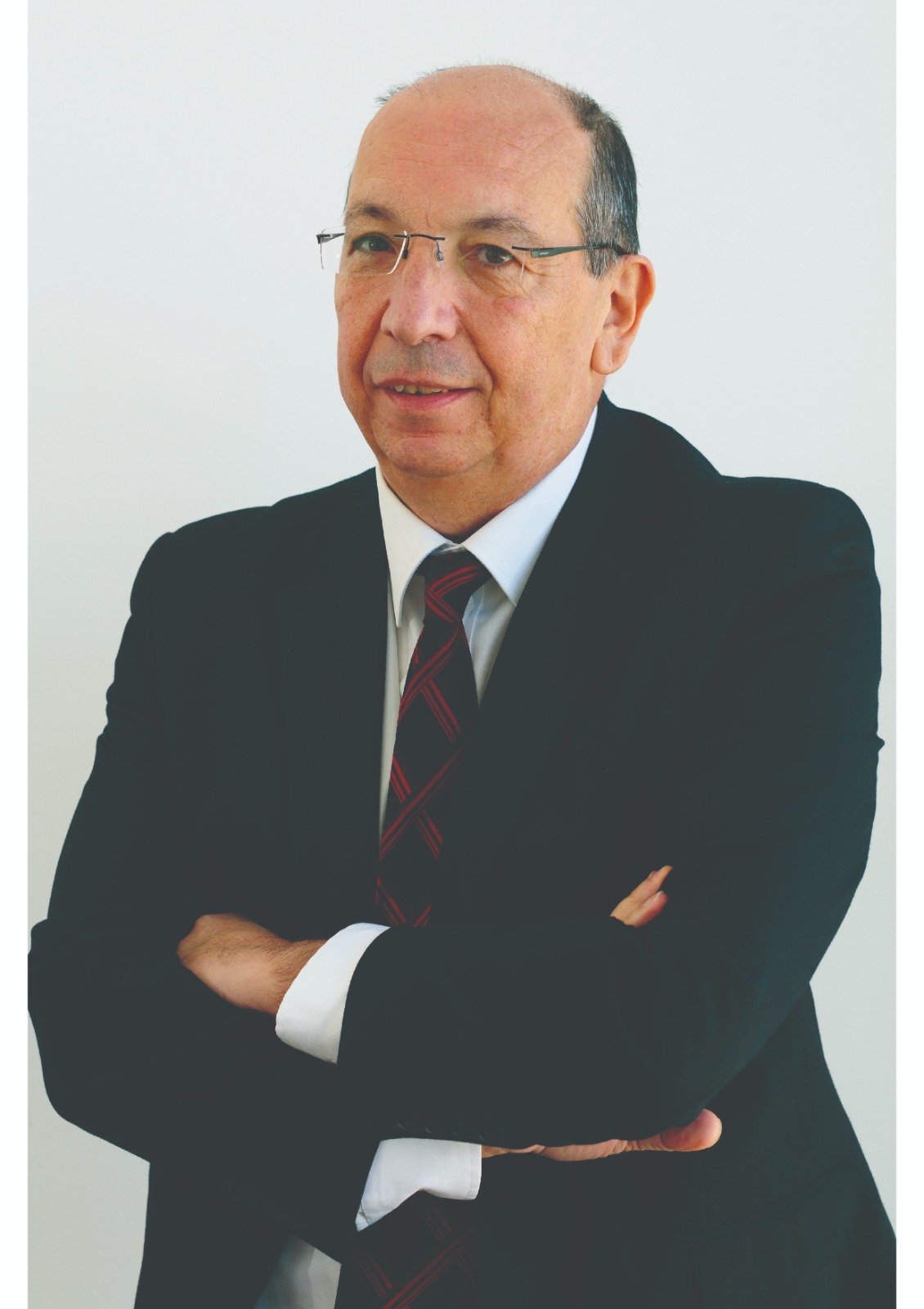iGaming remains a cornerstone of Malta’s economy, contributing around 12 per cent of the nation’s GDP in 2023. Since its establishment in 2004, the industry has drawn talent with its cutting-edge work environments, attractive salaries, and modern office culture—features that set it apart from Malta’s more traditional corporate sectors. Over time, employment has grown steadily, with full-time equivalents (FTEs) rising from 7,417 in 2019 to 11,245 in 2022. This growth has been largely driven by the online sector, which has thrived in response to global trends and technological advancements.
However, the industry’s rapid evolution has also introduced new challenges. The reliance on foreign talent, which now constitutes 70 per cent of the workforce, reflects a persistent local skills gap in areas such as software development, compliance, and risk management. Despite efforts to attract and train Maltese professionals, competition for skilled workers remains fierce, with the sector struggling to fill vacancies. Additionally, heightened regulatory pressures—exacerbated by Malta’s inclusion on the FATF grey list in 2021—have led to greater demand for compliance expertise, further straining recruitment resources.
While the industry’s adaptability has enabled it to overcome significant obstacles, such as the pandemic and the FATF’s scrutiny, it continues to balance its growth ambitions with the realities of a maturing market. The path to success in iGaming may no longer be as straightforward as it once was, but the sector remains a dynamic and vital part of Malta’s economy.
When reviewing salary surveys and speaking to local market experts, a noticeable shift towards increased specialisation and a more balanced approach between base salary and additional perks is clear. Lawrence Zammit, a Founding Partner and Director of leading knowledge-based independent consultancy firm misco, explains the evolution behind salary trends in Malta’s iGaming ecosystem.
He points out that when iGaming operators first chose Malta as their base, one of the main tools in their arsenal for attracting talent was the offer of attractive renumeration packages. For a while, other industries on the island did not react, resulting in a notable wage gap between the iGaming sector and the rest of Malta’s key industries. “When the iGaming companies started to set up their operations in Malta, they sought to attract employees through high salaries. For a while, the rest of the market did not react, with the result that a number of companies lost good employees,” he shares.
Indeed, his insights align with reports from the iGaming sector’s early years in Malta, when professional services firms complained that their best talent left to join this exciting new industry. It is not hard to understand why, considering Malta’s status as an island nation somewhat cut off from the rest of Europe. It’s not every day that new industries with real and tangible promise set up and thrive on the island. Successive governments have tried to replicate the success that iGaming has brought to Malta, with more recent efforts to attract fintech, blockchain and crypto-focused companies, however there are few success stories quite like iGaming.

Continuing his analysis, Mr Zammit shares that some industries realised they needed to be more competitive from a recruitment perspective. “At a certain point, companies in the IT and financial sectors started to offer higher salaries to retain their employees.” This created a situation where some high-skilled Malta-based workers saw their conditions improve, as the iGaming sector indirectly forced more attractive renumeration packages.
Further, Mr Zammit notes that “as such, the wage differential between iGaming companies and other companies started to close. In addition,” he adds, “although iGaming companies operating in Malta remained competitive thanks to the tax regime, they lost competitiveness in terms of operations due to the higher salaries they were paying.”
Mr Zammit distils his analysis into numbers, pointing out that over the last four years, average remuneration in Malta increased by 16 per cent, while in the iGaming sector, it rose by 12 per cent. This aligns with industry reports by HR and recruitment companies, which have noted a stabilisation of wages in the local iGaming industry, apart from key senior and tech roles.
For instance, a 2024 Malta iGaming Salary Survey by recruitment consultancy firm Boston Link provides a detailed snapshot of salary trends within Malta’s iGaming sector. It found that the overall annual salary increase in Malta’s iGaming industry for 2024 is five per cent, indicating a slowdown in salary growth rates. For context, just five years ago, the same company’s salary survey found a year-on-year 11 per cent increase in wages paid by the sector locally.
The survey reveals that while mid and entry-level roles show modest growth, executive roles have experienced the highest salary increases, such as Chief Executive Officer (CEO) positions, which range from €175,000 to over €300,000 in annual packages. This widening gap may suggest that while leadership roles remain highly lucrative, mid-level and entry-level positions might not follow the same upward trend.
Exploring trends, one reason cited for the decreased demand for lower and mid-level roles is the offshoring of positions and the adoption of technologies to automate functions. This results in fewer in-country opportunities for these roles and reduced career progression within the lower tiers.
In terms of comparisons, entry to mid-level salaries for roles like Customer Support range between €24,000 and €30,000, with specialists in language support potentially earning up to €35,000. These figures remain competitive for Malta, but with the high cost of living and inflation, they may not stretch as far as before. Meanwhile, development roles show stronger prospects. A Senior Developer, for instance, can earn between €55,000 and €75,000, with leadership roles in tech, such as a Head of Software Development, fetching up to €100,000.
The survey also highlights the value placed on highly specialised roles. Positions in compliance, payments and fraud, still command respectable salaries. For example, a Risk, Payments and Fraud Manager can expect to earn between €40,000 and €60,000, reflecting the growing importance of these functions in the evolving regulatory environment.
When comparing previous salary surveys, it is evident that while certain senior and specialised roles in Malta’s iGaming sector remain highly lucrative – particularly in leadership and tech – the overall salary growth has slowed. This suggests that a career in iGaming may not be as consistently lucrative across all levels as it used to be. Entry and mid-level roles may face stagnating salary growth, compounded by offshoring and technological advancements, making the field competitive but not as financially rewarding for everyone as before.

Nonetheless, discussing the state of the local iGaming HR scene, Alan Cini, Managing Director of local HR and recruitment agency Broadwing, is upbeat. He notes that the demand for specialised roles has emerged as a top priority for the sector. Speaking more broadly, he shares that while the dynamic has shifted for some roles within the sector, opportunities remain strong.
“Salaries in the local iGaming sector have generally increased, driven by the need to attract and retain top talent. While there is some stabilisation in entry-level wages, specialised roles such as data analysts, developers, and compliance officers continue to see salary hikes due to the scarcity of experienced professionals,” Mr Cini notes.
“This competitive environment has also highlighted disparities, with expats often receiving higher compensation than local employees, largely due to their specialised expertise and the need to incentivise relocation,” he notes.
Asked about the reliance on foreign workers in the local iGaming industry, and whether the sector has aligned with other sectors on the island when it comes to tapping into Third Country Nationals (TCNs), he affirms that a “significant proportion” of the iGaming workforce in Malta consists of TCNs.
“Companies are increasingly hiring from non-EU countries to fill specialised roles that are not easily met by the local workforce. Expats typically stay in Malta for two to four years, although some move on sooner due to career opportunities elsewhere. Rising living costs, particularly housing, have prompted employers to offer higher salaries and benefits like housing allowances to maintain Malta’s attractiveness,” he shares.
And, finally, discussing how local iGaming companies improve retention rates, particularly for expatriates, Mr Cini shares that companies “are creating inclusive work environments and offering support for cultural integration.” Strategies include “language training, social events and career advancements opportunities to help expats adapt and thrive.”
This article was first featured on iGaming Capital magazine 2025, the sister brand to iGamingCapital.mt, both owned and operated by Content House





